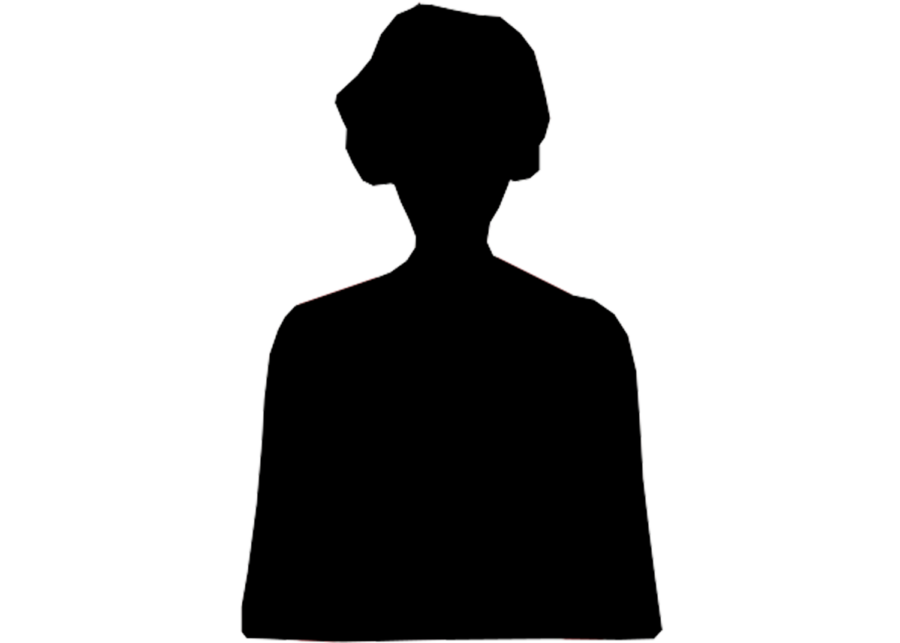OPINION: No Means No
Sexual assault survivor speaks up
Arianna Bergman ’23 stands up for sexual assault survivors. She vocalized the different cues survivors often used like: No means no, I don’t feel like it. I don’t want to. Stop. Maybe another time. I have to go. I don’t know about this. Turning or backing away. Crying.
Sexual assault robs you of yourself.
Not having the courage to use your voice is excruciating. You blame yourself for what happened because, technically, you didn’t say no. You’re afraid to use your voice because you don’t want to seem immature or weird, or because you’re afraid you’ll be punished by your perpetrator. You’re afraid to speak up because you don’t think people will support you or believe you.
I believed I’d have the courage to say no.
But I didn’t.
Because—in the moment—it’s much more difficult.
According to National Sexual Violence Research center, one in five women experience sexual violence in their lifetime, and one in three female victims experience sexual violence for the first time between the ages of 11 and 17. The summer before my junior year, I became part of these statistics, not once, but twice.
Recently, according to CPR.org, Fairview High School students settled a lawsuit against Boulder Valley School District over sexual assault allegations.
“Over the past several years, there have been several students who have pressed charges against Fairview athletes in separate criminal cases. The former lacrosse player at the center of federal lawsuit was sentenced in February to 90 days in jail for sexually assaulting three women,” CPR reporter, Jenny Brundin said.
In most cases, women don’t speak up due to the fear that they won’t be believed. Or they will lose the case, and instead will be rejected by society. When survivors do speak up, such as the students at Fairview, there is a chance for them to be heard, and for real change to be made.
This past summer, women faced a devastating setback. On June 24, the US Supreme Court overturned Roe vs. Wade, the legislation that allowed access to the right to an abortion.
As a survivor of assault myself, I was astonished. And then I went berserk. As a woman who has had her body violated, I couldn’t imagine the life women are forced to live without access to abortions.
Overturning Roe vs. Wade not only strips women of the right to their own bodies, but it also strips survivors of their freedom.
According to The Tennessean, roughly three million women in America experience rape related pregnancies during their lifetime.
We are angry. We want control over our own bodies. We want to be believed. We want to be respected. We want change.
From a young age, we need to teach everyone about sexual assault, all types of cues, verbal and non-verbal, and how to practice consent.
It is equally important for women and girls to find the power in themselves to speak up.
For me, I felt as if I was in the wrong. That because I didn’t say no, the boys’ actions were validated. It took time to realize that non-verbal cues are just as important as verbal cues.
While saying no is important, so is listening to the quiet voice in your mind whispering, “I’m not sure about this.”
Somewhere along the way, we as women have learned that we must be obedient and soft spoken, and that if we speak up we’re “too dramatic.”
Instead, we must listen to our intuition that internally screams at us to fight back.
While it is incredibly terrifying to push our ego aside and find the courage to speak up, we must create change. We must raise our voices and speak for those of us who can’t.
Speaking for many survivors, we don’t want pity. We want action. We must make change for all survivors, and the ones who have been silenced.































